Intentar ORO - Gratis
wild MARCH
BBC Wildlife
|March 2025
7 nature encounters for the month ahead
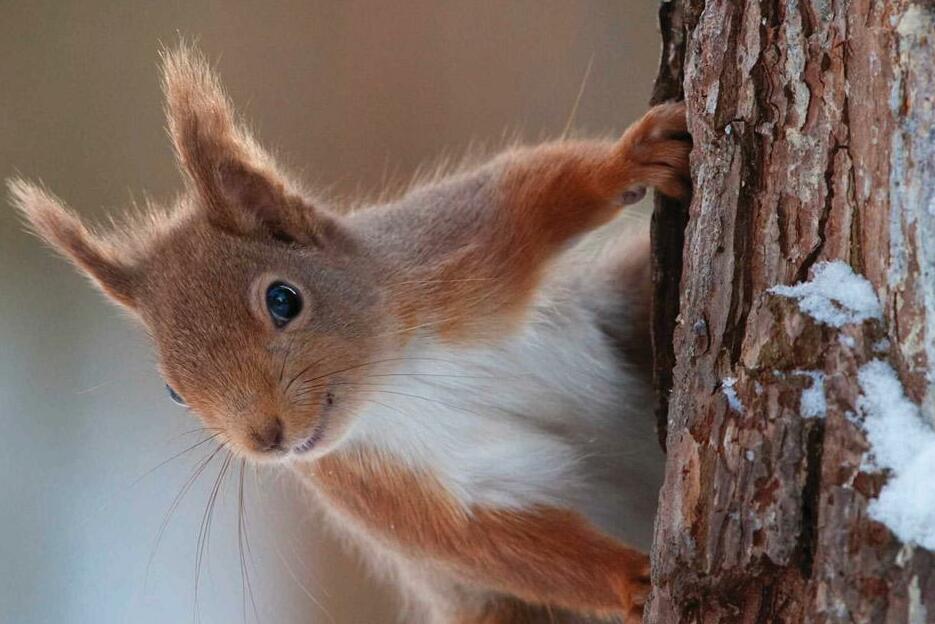
Out in the cold
RED SQUIRRELS DON'T hibernate, relying on their thicker winter coats and supplies of food hidden in autumn for survival. If the R weather takes a turn for the worse, they might stay in their moss-lined drey all day, but otherwise remain active even when snow lies on the ground. This is also their breeding season, so you may hear their chirping mating calls and see males chasing potential partners through the trees.
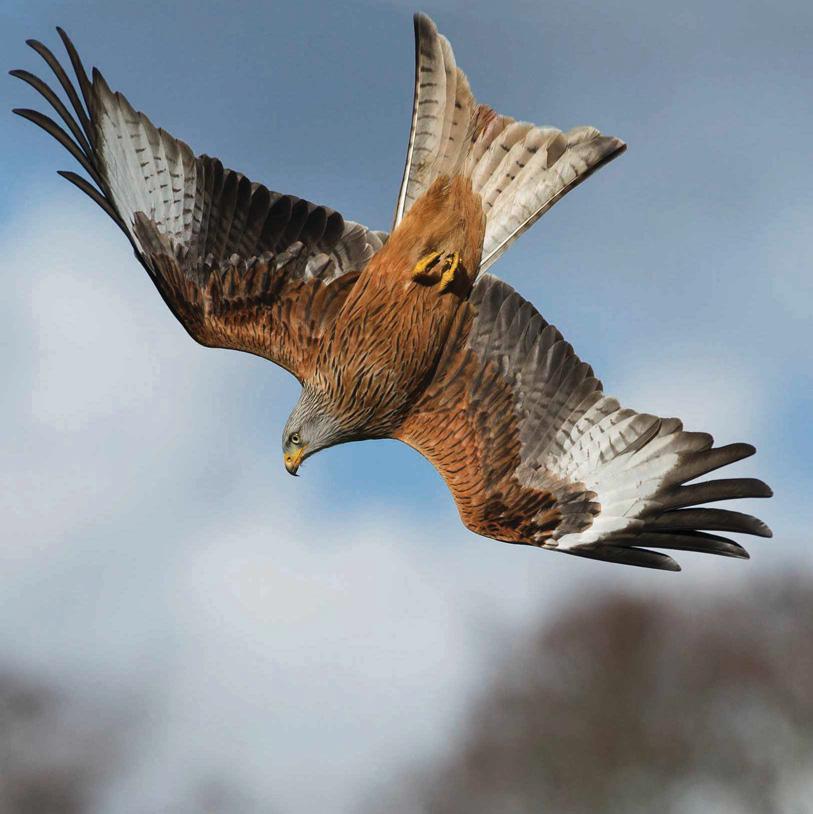 Red alert
Red alert RED KITES WERE PRACTICALLY EXTINCT IN the British Isles by the early 1900s, with just a handful of pairs still breeding in remote Welsh valleys. Now these fabulous birds of prey are a great conservation success story and a common sight over swathes of England and Wales. It's hard to miss them along some stretches of the M4 and M40 motorways, or soaring over towns such as Reading and Henley.
Unlike most European raptors, red kites are actually quite social. Dozens of them gather when there's a good feeding opportunity, and in winter they roost communally. In his BBC Wildlife column in 2003, the great nature writer Richard Mabey described the "extraordinary spectacle" of seeing the sky full of kites.
Esta historia es de la edición March 2025 de BBC Wildlife.
Suscríbete a Magzter GOLD para acceder a miles de historias premium seleccionadas y a más de 9000 revistas y periódicos.
¿Ya eres suscriptor? Iniciar sesión
MÁS HISTORIAS DE BBC Wildlife
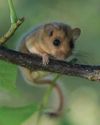
BBC Wildlife
Are new laws a threat to nature?
New legislation to tackle river pollution could bring with it a whole new set of problems
5 mins
August 2025

BBC Wildlife
The bullet ant
ALL YOU EVER NEEDED TO KNOW ABOUT
4 mins
August 2025

BBC Wildlife
7 nature encounters for the month ahead
PODS OF ORCAS ARE DRAWN TO the coasts of northernmost Scotland in the summer months, lured by plentiful prey - especially seal pups. When on the hunt, they can come thrillingly close to rocky headlands, and sightings appear to be increasing.
3 mins
August 2025
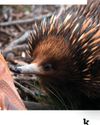
BBC Wildlife
"It sniffed at my hiking boot and tickled my bum with its snout"
An echidna in Mulligans Flat
2 mins
August 2025
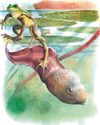
BBC Wildlife
BABY COME BACK
This amphibian's colossal tadpole shrinks down into adulthood
3 mins
August 2025

BBC Wildlife
SNAP-CHAT
Adventures above the Arctic Circle with bird lover Knut-Sverre Horn
2 mins
August 2025
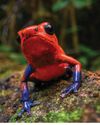
BBC Wildlife
Why don't poisonous animals poison themselves?
THERE WOULD BE LITTLE POINT IN having the ability to lethally poison a predator if you accidentally poisoned yourself and ended up just as dead. In the case of poison dart frogs, they dodge being poisoned twice in the process of protecting themselves. Initially, the frogs ingest a toxin from the ants, mites and centipedes they consume, which have been eating poisonous plants. Though research on the subject is ongoing, scientists believe the ant toxins don't harm the frogs because of a protein in their gut, which is released as the ants are digested and interacts with the poison.
1 mins
August 2025

BBC Wildlife
Sir David tells 'Our Story'
New exhibition opens at Natural History Museum
1 min
August 2025

BBC Wildlife
New urban jungles
Moves to integrate wildlife biodiversity into the built environment are gaining momentum
6 mins
August 2025
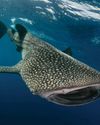
BBC Wildlife
SPIRIT ON THE WATER
They are the gentle giants of the ocean, but how whale sharks feed and breed is anybody's guess
2 mins
August 2025

